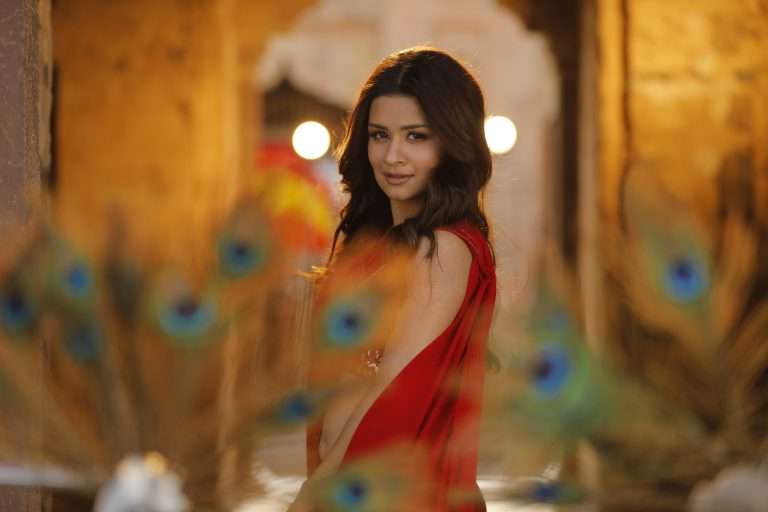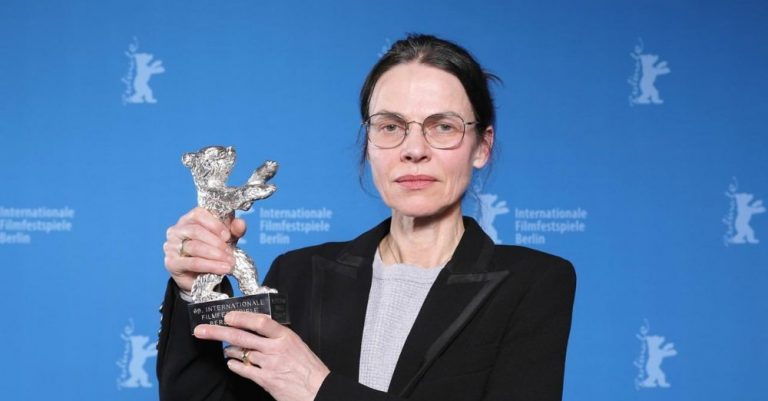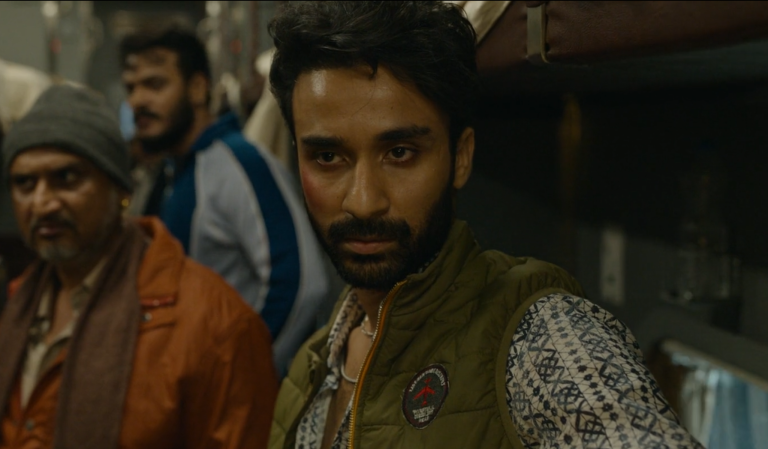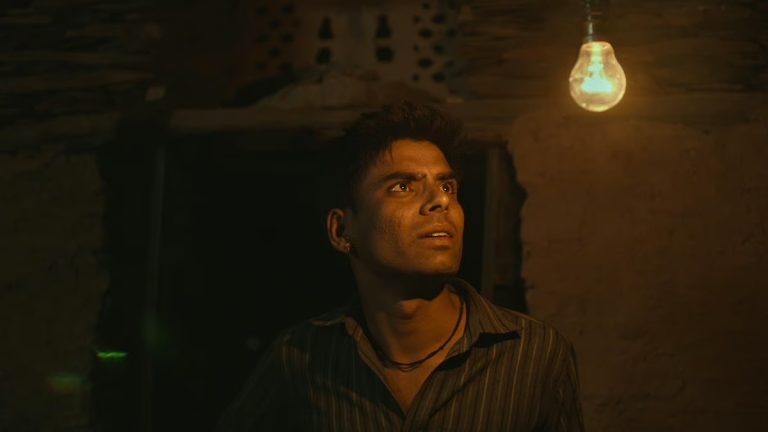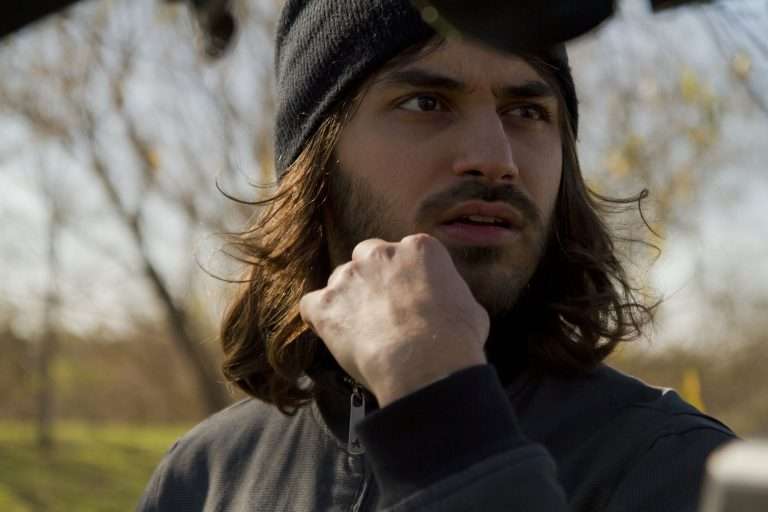Abhishek Banerjee is a rising star in Indian cinema, recognized as one of the most talented actors in the industry. He’s delivered standout performances in hit series and films like “Stree,” “Mirzapur,” “Paatal Lok,” “Ajji,” and more. His latest role is in Nikkhil Advani’s “Vedaa,” where he plays Jitendra Pratap Singh, a self-appointed village chief who presides over matters of caste and marriage.
Zee 5 Global recently acquired the streaming rights of “Vedaa,” and we at HighonFilms had a chat with Abhishek, where he opened up about his character, his co-stars, and the powerful themes explored in “Vedaa.” It was a fascinating conversation that shed light on the depth of his role and the important messages the film conveys.
You can read the full conversation below:
Rishabh Shandilya: Hello, Abhishek Banerjee! My name is Rishabh Shandilya, I am a writer for “High on Films” and one of your most loyal fans since Rang De Basanti and your comedic brilliance in Stree. And trust me, I’m not just saying this to get to some juicy answers, I genuinely mean every word! Let’s kick off the interview with the question all your fans are asking right now. You’ve absolutely crushed it in a handful of villain roles, from Mirzapur to my personal favorite, Paatal Lok. So, is playing the bad guy your new normal, or do you just lean toward those darker roles over the hero ones?
Abhishek Banerjee: (Laughing playfully) I’m still waiting for that true-blue “hero” role to come my way. However, in all seriousness, I admit that I like and enjoy playing anti-heroes, complex, and well-written villains, ones who’ve got a story, even a strange sort of heroism buried deep down. There is always a joy, and a challenge to stepping into these darker characters, becoming one with a new soul—one that doesn’t play by anyone’s rules and isn’t boxed in by society’s boundaries.” “These roles let me break free, escape reality, and live out this raw, unrestricted energy. In addition, villains aren’t inherently ‘bad guys’; they’re people with motivations, scars, and dreams, just with their own convoluted paths.”
Rishabh Shandilya: Jitendra, your character in Vedaa, is too embroiled in the caste power play, and he likes it. How did you get into the headspace of someone so deep in those unorthodox and dated beliefs and ideologies? Also, did stepping into his shoes make you question any of your own views along the way?
Abhishek Banerjee: Since childhood, I’ve questioned these rigid rituals and gatherings that dominate villages. They act as judge, jury, and executioner and determine which caste should remain on top and which should stay at the bottom. Coming from a Brahmin family, this disparity has always troubled me. It was in college, however, that I began to grasp just how deeply rooted these injustices are, especially after studying plays and literature that spotlighted these issues plaguing our society for ages. I’m often surprised by how long the film industry has sidestepped such themes and problems, so it’s truly commendable to see “Vedaa” bring these issues to light while also appealing to a broad audience.
Rishabh Shandilya: Were there any moments on set that hit you hard and made you think about the real-world impact of caste discrimination and violence depicted in the film? And how did those experiences shape the way you played Jitendra?
Abhishek Banerjee: Yes, there’s a scene in the film where my character, Jitendra, lures an eloped couple back to the village and promises them a proper ritualistic wedding but on the day of the ceremony, he ruthlessly betrays them, stabbing both to death and ordering the execution of their family members just to send a message to others that inter-caste marriage is punishable by death. When I first read that part of the script, I was stunned—how could anyone commit such a heinous act but then I learned these scenes weren’t dramatized; they’re drawn from real-life events that still occur in small villages and hamlets.
In these places, such crimes and honor killings committed by people of said sittings go unchallenged under the guise of “tradition” or “religion,” and I was shocked by how casually people perpetuate such brutality, without fear or repercussions. Performing that scene, where I had to play a character so at ease with these actions, was incredibly challenging and demanding.
Rishabh Shandilya: You teamed up with John Abraham, whom we see in the role of ex-Gurkha Abhimanyu Kanwar. How was the whole experience of working with him? Did you guys have any routines or talks to get into character for those intense face-offs?
Abhishek Banerjee: John Abraham is not only a brilliant actor but also a genuinely great person. He loves rehearsing and went out of his way to make me feel comfortable, even though he’s such an established star while I’m just at the start of my career. Having those intense hero-villain face-offs, where I had to pour all my character’s arrogance and ego onto him, was demanding. I needed to be careful not to overdo it, which was challenging, especially sharing the screen with someone of his stature.
But John was incredibly supportive—he helped me with my lines, guided me through the scenes, and even encouraged me to improvise. My favorite scene was the one at the interval, where John and I simply locked eyes, speaking to each other through our gaze alone. There was no gunfight, no punches thrown—yet the tension and violence between us were palpable. It’s the kind of intensity that only happens when both actors are fully committed to making it real.
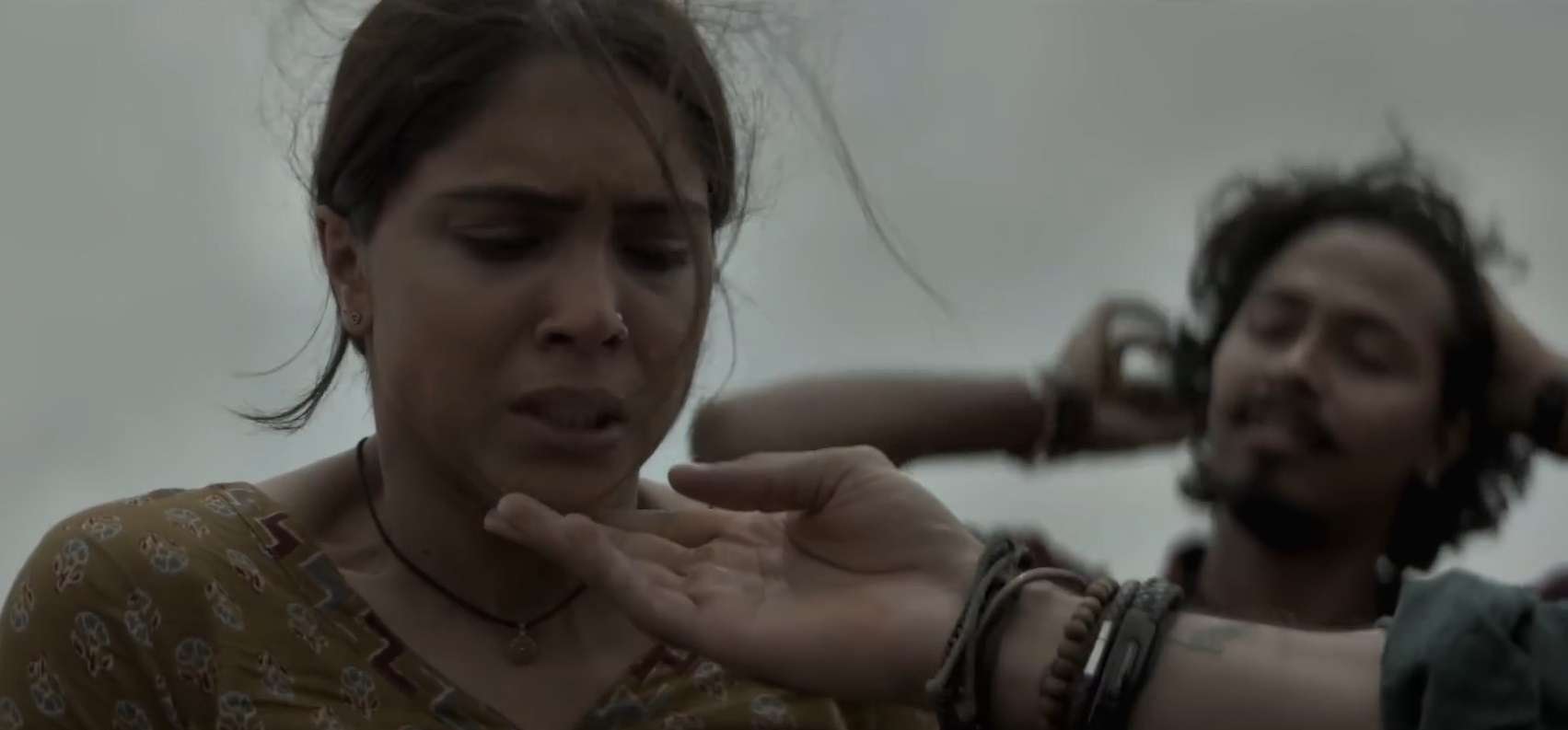
Rishabh Shandilya: Barmer’s rural setting adds a lot of authenticity to the film. How did filming in such an environment influence your performance and your understanding of the story’s context?
Abhishek Banerjee: I didn’t interact much with the people of Barmer, but they were there on set, observing. They didn’t seem surprised that we were making a film about honor killings and caste power struggles—it felt almost commonplace to them. To them, these practices were just a part of daily life, and they seemed to wonder why anyone would make a film about something they considered so common and casual. This is exactly why films like “Vedaa” are so important as they challenge these outdated beliefs and spread awareness that these practices are harmful and should be rejected.
Rishabh Shandilya: Since Vedaa peels back the layers of a huge social issue, did you feel an extra sense of responsibility playing Jitendra, knowing he represents a mindset that’s still very real and harmful in some parts of society?
Abhishek Banerjee: Absolutely, I felt an added sense of responsibility while portraying Jitendra. I wanted him to feel human, not just a stereotypical villain. He’s not a gangster with his hands in various illegal businesses, but rather a product and part of an entrenched, unlawful system. He grew up witnessing and accepting these practices, and with the public’s acceptance of this feudal structure, he genuinely believes he’s in the right—that his actions are justified. So it was important and also my responsibility to portray Jitendra’s and the public’s casualness towards the said atrocities, so the character doesn’t simply become an aspirational villain but instead reflects the twisted sense of morality shaped by people around him.
Rishabh Shandilya: Last question, before we end this; we always ask our guests about their favorite films, but since we’re called “High on Films,” could you share some movies that you believe represent the cinematic high—moments where you feel cinema truly reached its peak? What films made you feel that way?”
Abhishek Banerjee: To me, “Schindler’s List” and Will Smith’s “The Pursuit of Happyness” represent the pinnacle of cinema—no other films have resonated with me quite like these. Living in India, we often hear about the “American Dream,” but these films reveal the sheer struggle and resilience that everyday people in developed countries go through to achieve it. These films cross all cultural boundaries, speaking a universal language that anyone can understand, regardless of where they’re from. I’d love to be part of films like these. In fact, both “Schindler’s List” and “The Pursuit of Happyness” have become my go-to comfort films whenever I’m feeling low or uncertain about life.

